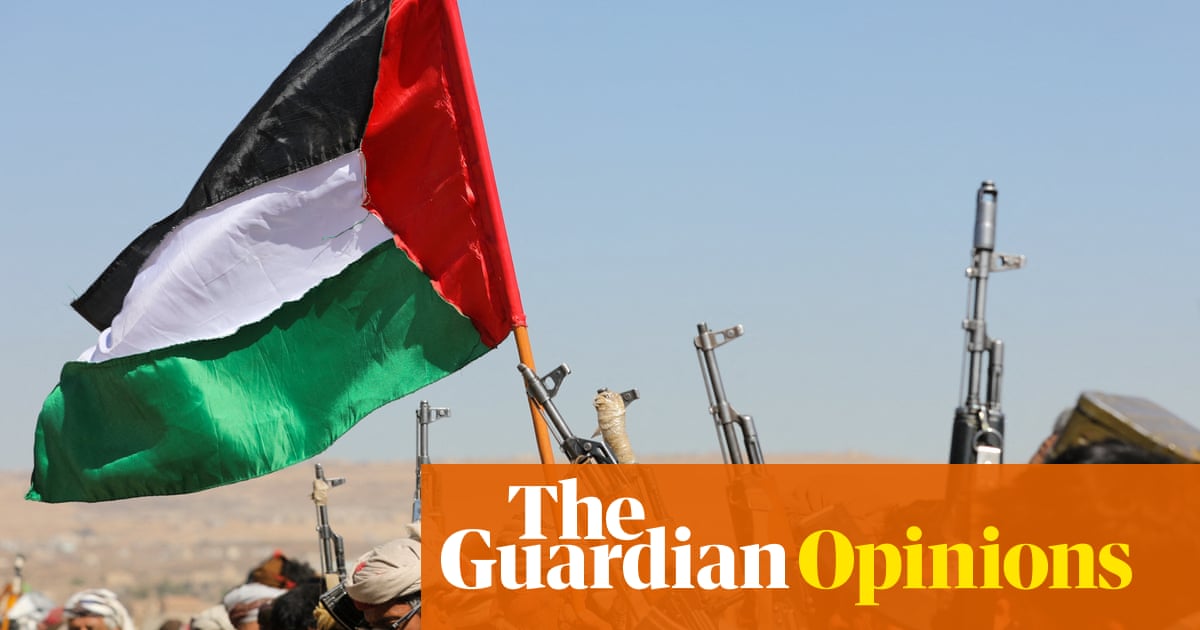
On first look, it seems like an incredible piece of bad timing, or bad luck, or both.
Just as Saudi Arabia is getting ready to celebrate its new-found status as an emerging market (EM), the financial world seemed to suddenly decide it didn’t like the EM thing after all.
For most of last week, many EM currencies, stocks and bonds suffered a sharp sell off, spooked by a surge in the value of the US dollar, which sucked funds out of what used to be called the “developing markets”.
The MSCI EM Index fell by 1.74 per cent on the week. This is the organization which is expected to announce it will include Saudi Arabian stocks next month, though the actual inclusion would take place in 2019, having already been approved for entry into the FTSE Russell EM index.
The MSCI currency index also fell, for the fifth week in a row, and bond traders reported that there had been a sharp increase in outflows from the EM bond markets. That is not the perfect kind of background against which to start calling yourself an EM market.
If the Kingdom were to begin trading on the EM indices just as global sentiment was turning down against them as an asset class, it could outweigh some of the expected $40bn of capital inflows MSCI membership is expected to attract. That would be bad for the Tadawul - one of the best performing exchanges in the world so far in 2018 - for the rest of the year.
Weak bond market conditions could also affect the possible plans of Saudi financial policy-makers to dip once more into the fixed interest markets before December. After the healthy oversubscribed $11bn bond issue last month, there has recently been speculation among financial experts in the Kingdom that the conditions were still ripe to raise another chunk of bond debt this year. A wider sell off of EM bonds would have impacted those plans, or at least made them more expensive.
All that is the bad news. The good news, in sharp contrast, is that the current sell-off in EMs seems to have been very specific to certain markets, all of which are denominated in their local currencies that have come under pressure from the rising US dollar.
"Virtually all of the factors that led to the recent mini-crisis in EM countries are absent from the Saudi Arabian outlook.
Frank Kane
The main victims of last week EM panic were Argentina, Mexico, Poland and Turkey. The Latin Americans led the way with a 40 per cent hike in interest rates to head off a run on its currency, the peso. The Poles were rattled by concerns about the country’s ongoing relationship with the European Union and its effect on the zloty, while pressure on the Turkish lira intensified as inflationary fears continued.
In addition, as economists were quick to point out, all these countries also had big current account deficits, and were vulnerable to rising costs for their economies from the increasing oil price. None are oil exporters.
Economists insist that the they are able to discriminate between different categories with the broad EM market. In fact, some say that the EM classification is now so broad as to be virtually useless, including as it does two of the biggest and fastest growth economies in the world, China and India, the basket of Arabian Gulf countries that Saudi Arabia will join, as well as the the likes of Argentina and Turkey.
Thanks to rising oil prices, the Kingdom is enjoying current account surpluses again; for the same reason, it has high and stable levels of foreign reserves once more; and the riyal has been pegged to the US dollar for decades, to the mutual benefit of both countries.
So virtually all of the factors that led to the recent mini-crisis in EM countries are absent from the Saudi Arabian outlook.
It may be that a more general sell-off of EM assets would drag down Saudi Arabia with the rest, but there is no sign that is about to happen. Asian markets - the biggest block within the EM world - have resisted the downward pressure caused by the strong dollar, which would have to rise significantly further to seriously dent the Asians.
As it is, Saudi policymakers can get on with their plans largely free from the fears that spooked other EM investors last week. All EMs are not equal, and maybe the index compilers at MSCI and FTSE Russell should start to recognize it by refine their classification categories.
Frank Kane is an award-winning journalist based in Dubai. Twitter: @frankkanedubai











